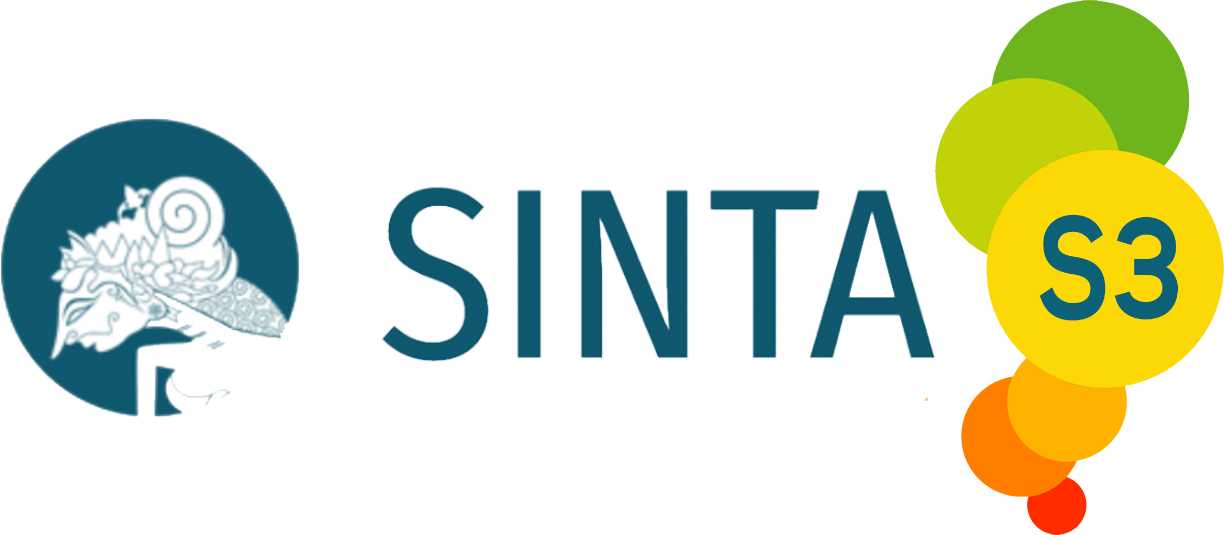Examining the Ethical Practice of Kissing the Teacher’s Hand in Today’s Society
A Qualitative Analysis of Hadith from an Anthropological Perspective
DOI:
https://doi.org/10.12928/taqaddumi.v3i1.7181Keywords:
hadith, anthropology, ethicsAbstract
This study examines the hadith about the ethics of kissing a teacher's hand in today's society. This study uses qualitative research, emphasising literature study through the al-Jarḥ wa al-Ta'dīl method and analysis of hadith through an anthropological approach. The results of this study are the quality of the hadith about the ethics of kissing a teacher's hand in the history of Imam Abu Dawud No. 5225 status is ṣaḥīḥ. The discussion of this research reveals that in this hadith the Prophet Muhammad implicitly set an example so that Muslims always maintain relationships with other people, especially in face-to-face meetings, so as not to drown in the influence of foreign culture, negatively impacting Muslim youth. By looking at the loss of respect and obedience to elders or a form of ethics or manners that must be preserved, this study concludes that kissing the teacher's hand is something that is very much needed at this time by Muslims, especially for Muslim youths so that communication and good interpersonal relations.
References
Al-Bukhārī, Muhammad Ismā'īl, Ṣaḥīḥ al-Bukhārī, t.t: Dār Ṭawq al-Najāḥ, 1422H.
Al-Sijistānī, Abu Dawūd, Sunan Abī Dāwud, (Beirut: al-Maktabah al-'Aṣriyyah, t.th.
Ahmad ibn Muhammad, Ibn Miskawayh, Tahżīb al-Akhlāq wa al-Taṭḥīr al-A’rāq, Kairo; al-Maṭba'ah al-Ḥusainiyyah, 1329 H.
Ali bin Ibrahim, Alauddin, Fatāwa al-Imām al-Nawawī, t.t; Dār al-Baṣar Islamic, 1994/ 1417 H.
Aminuddin Siregar, Ariyono, Kamus Antropologi, Jakarta: Akademika Pressindo, 1985.
Bawani, Imam, Tradisionalisme Dalam Pendidikan Islam. Surabaya: Al-Ikhlas,1993.
Estem, Mursal, Kajian Transformasi Budaya ( Bnadung: Angkasa,1999).
Haryandi, Tradisi Ziarah Makam Datuk Rambai Pada Masyarakat Desa Teluk Nilap Kecamatan Kubu Babussalam Kabupaten Rokoan Hilir: Jorn FISIP Vol, 4 No 1, (2017).
Koentjaraningrat, Sejarah Antropologi, Jakarta: UI Press, 2014.
Manners, David Kaplan, Teori Budaya, editor. Landung Simatupang Yogyakarta: Pustaka Pelajar, 1999.
Nadhiran. H, Kritik Sanad Hadis : Telaah Metodologis, Jurnal Ilmu Agama UIN Raden Fatah, Vol. 15, No. 1, (2014).
Shaliba, Jamil, al-Mu’jam al-Falsafi, Jurnal Mudarrisuna, Vol. 4, No. 2 (2014).
Sobur, A, Psikologi Umum dalam Linstasan Sejarah, Bandung; CV PUSTAKA SETIA, 2013.
Soekanto, Kamus Sosiologi, Jakarta: PT Grafindo Persada, 1993.
Ulum, Amirul, MBAH MOEN;Kiai Perekat Bangsa, Cet. I, Jakarta; Republika Penerbit, 2020.
W. Creswell, John, Penelitian Kualitatif dan Desain riset: Memilih di antara Lima Pendekatan, Yogyakarta: Pustaka Pelajar, 2015.
Downloads
Published
Issue
Section
License
Copyright (c) 2023 M. Briananda Ridiansyah, Muhid Muhid, Andris Nurita

This work is licensed under a Creative Commons Attribution-ShareAlike 4.0 International License.
License and Copyright Agreement
In submitting the manuscript to the journal, the authors certify that:
- They are authorized by their co-authors to enter into these arrangements.
- The work described has not been formally published before, except in the form of an abstract or as part of a published lecture, review, thesis, or overlay journal. Please also carefully read the Taqaddumi Author Guidelines at http://journal2.uad.ac.id/index.php/taqaddumi/about/submissions#onlineSubmissions
- That it is not under consideration for publication elsewhere,
- That its publication has been approved by all the author(s) and by the responsible authorities – tacitly or explicitly – of the institutes where the work has been carried out.
- They secure the right to reproduce any material that has already been published or copyrighted elsewhere.
- They agree to the following license and copyright agreement.
Copyright
Authors who publish with the Taqaddumi Journal agree to the following terms:
- Authors retain copyright and grant the journal right of first publication with the work simultaneously licensed under a Creative Commons Attribution License (CC BY-SA 4.0) that allows others to share the work with an acknowledgment of the work's authorship and initial publication in this journal.
- Authors are able to enter into separate, additional contractual arrangements for the non-exclusive distribution of the journal's published version of the work (e.g., post it to an institutional repository or publish it in a book), with an acknowledgment of its initial publication in this journal.
- Authors are permitted and encouraged to post their work online (e.g., in institutional repositories or on their website) prior to and during the submission process, as it can lead to productive exchanges, as well as earlier and greater citation of published work.








